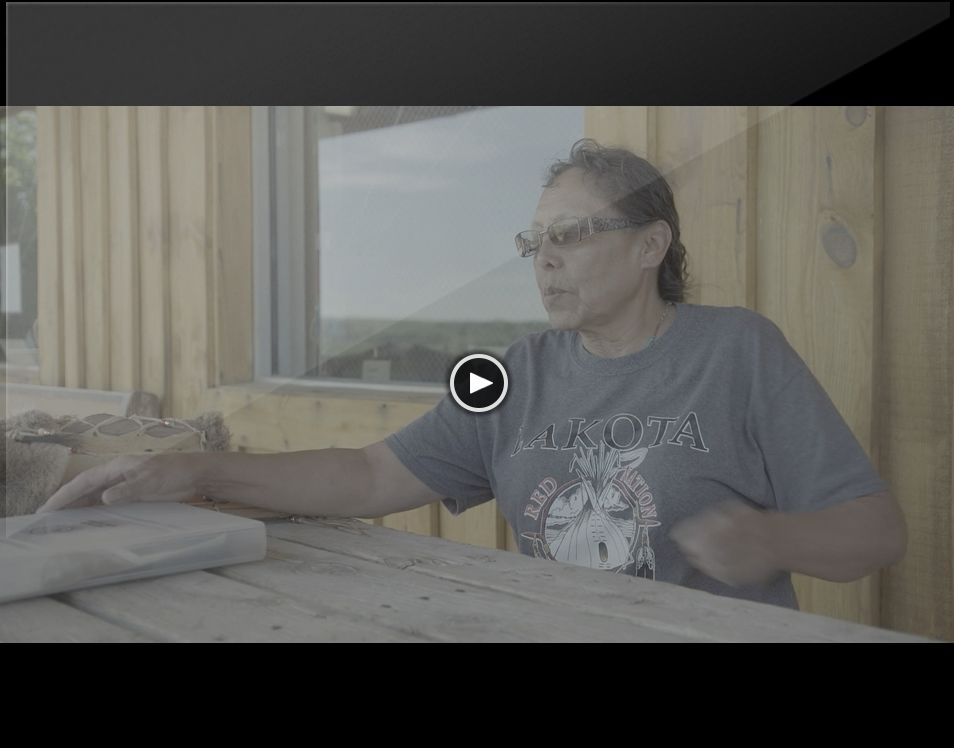“Nobody is superior, nobody is inferior, but nobody is equal either. People are simply unique, incomparable. You are you. I am I.”
—Osho
If we don’t share our stories they die with us, Verola Spider said to me one afternoon as we sat together on the porch at the Singing Horse Trading Post on the Pine Ridge Indian Reservation.
Her statement reinforces a cherished belief I hold: Everyone has an important story to tell. Every person is unique by design. Each of us has a never-to-be-repeated voice worthy of being respected and heard. Leadership is about strengthening the voices of others.

This is the first of twenty-four short essays I plan to write in 2022 for my website thebusinessofsharedleadership.com. I didn’t enter lightly into this commitment of writing for another year. Make it a conscious choice, I said to myself. Be sure you have something burning and churning in your heart that compels you. Otherwise, don’t write.
This year I began by thinking about my role as a CEO and the responsibility that goes with that privilege. America has about 200,000 CEOs scattered among 330 million citizens. Those executives oversee entities that include hundreds of millions of employees and trillions upon trillions of dollars in assets. They also have a significant influence on the culture, tone, and priorities of their organizations. CEOs, intentionally or otherwise, make an imprint on the economic and social fabric of society, and with that must come a responsibility to advance what my alma mater Bowdoin College calls “the common good.”
The top mission of all companies in the twenty-first century should be to advance humanity. Since humanity is advanced one human at a time, the place of work is a perfect venue for that to unfold.
***
I never consciously set out to be a CEO. I never expected, growing up, to someday lead a company. But here I am, now twenty-five years into that role.
I started in my father’s footsteps managing and leading traditionally in a command-and-control structure. This worked pretty well; good, not great. It would take me a while to realize that my own authentic voice had not yet fully formed. Uncovering one’s true voice ultimately requires honoring, then transcending the past.
My authentic voice was forged and then released by two events.
First, in 2010, I acquired a rare neurological voice disorder. Suddenly, the previously reflexive act of speaking was difficult. As CEO my voice had been my primary work tool; suddenly, I could no longer depend on it. Previously, for me, leading had been about talking. Now, it was about listening.
Next, in 2012, I began traveling from my home in Maine to the Pine Ridge Indian Reservation in South Dakota, a place I have now been more than two dozen times. There I met an entire community that did not feel fully heard.
From those unexpected events I came to realize that there are lots of ways for people to lose a piece of their voice in this world. Even more importantly, I came to see how it happens. Across history, leaders of human organizations have often done more to limit, intimidate, and direct the voices of others than to liberate them. Leaders often focus on controlling the voices of others for their own self-serving benefits. This is when I began to see that the restrictions in my own voice might actually be a gift that I could use to flip that script.
Why couldn’t everyone lead? Why couldn’t everyone be fully heard—accepted as they are? What if everyone at Hancock Lumber, the Pine Ridge Indian Reservation, or across planet Earth felt trusted, respected, valued, and heard? What might change?
Everything would change, I concluded.
This original epiphany is why I keep writing. It’s this subject that inspires me, and I’m captivated by the role CEOs can play in advancing it.
Every human on Earth has a voice—an identity—that is unique by design. There will never be another you. Leaders—in this case, CEOs—need to use their good fortune to strengthen, not weaken, the authentic voices of others by making it safe for everyone to be themselves.
This is why I write. I write to give others a stronger voice.
Thank you for considering my thoughts. In return I honor yours.
Every voice matters. Nestled between our differences lies our future.
www.thebusinessofsharedleadership.com